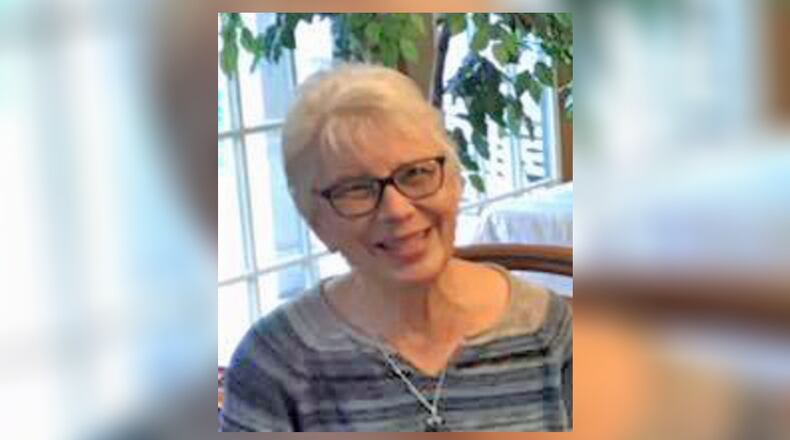My mother, 75 years old and struggling with her own health issues, opened a compensation claim on behalf of my late father. The process was extremely complicated, and as my mother’s health worsened I began managing the claim for her. Her compensation was awarded three days after her death and had to be returned due to the program’s rules. My siblings and I were able to refile the claim and receive compensation in her place. Having seen how difficult it was to manage a claim, I used part of the funds to start a non-profit with the purpose of helping other claimants. This non-profit lives on as a website: www.eecap.org.
Although EEOICPA can be incredibly challenging, it is an extremely valuable program. Once a claim is approved the services can be life-changing. This is especially important here in Ohio, where there were 35 different sites involved in our government’s nuclear weapons program. Nearly 11,000 Ohioans have submitted claims for illnesses associated with their work.
But it isn’t just the workers who were impacted: during the Cold War, tens of thousands of people across the country were exposed to radiation from uranium mining and above ground nuclear weapons tests. They received the same kinds of exposure, and suffer from the same illnesses.
A small group of these “downwinders” and uranium miners are eligible for a different program: the Radiation Exposure Compensation Act, or RECA. Just like the program my father applied to, RECA can be a lifeline. Even though Ohio isn’t considered a mining or downwind state, RECA still benefits our state: nearly 200 people now living in Ohio have received RECA coverage, getting help paying for medical care or other expenses.
But RECA excludes many exposed communities, including downwinders of the first ever nuclear test in New Mexico, uranium miners employed after 1971, and veterans who cleaned up nuclear test and accident sites. This year, Congress has a chance to change that. In late July, the Senate passed an amendment that would finally include in RECA many that have spent decades fighting for recognition. I was proud to see my Senators, Sherrod Brown and JD Vance, both vote in favor of RECA.
Ohio leaders have a long history of supporting compensation for those sickened by radiation exposure and the hard-working employees of our government’s nuclear industry. Now they have a chance to do the same for the thousands of others who were unknowingly exposed to radiation. After personally working with so many people who have been hurt in the name of national security, I know how important the recognition and support of their government is. I urge the Ohio House Representatives to follow their Senate colleagues in supporting this improvement to RECA.
Deb Jerison lives in Yellow Springs.
About the Author
